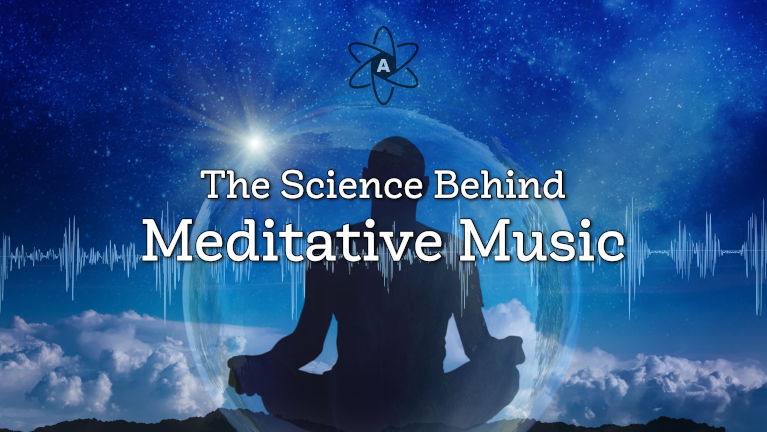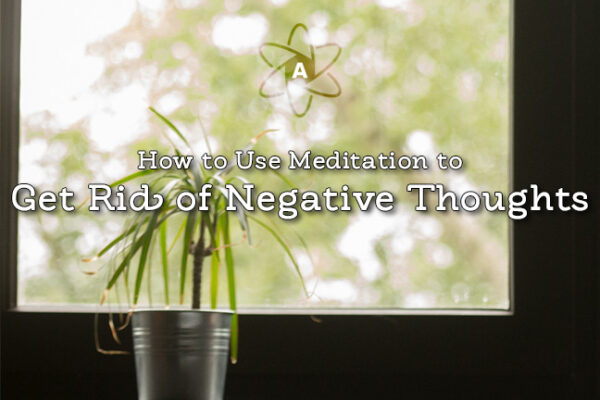Subscribe to our YouTube channel
What is it about music that makes it such a powerful force in our lives? I remember how I used to go to concerts when I was younger. These concerts were often of major proportions and drew thousands of attendees. Those who attended were of a varied mix, be it their age, gender, economic level, or political beliefs. Yet, everyone seemed to come together for the music. During those few hours, it seemed like the world had disappeared as we were transported to a sanctuary of sound. However, you do not have to attend a concert to experience the power of music. Who has not taken time to simply relax and listen to music, which only heightened your sense of relaxation? Music gives us a momentary reprieve from the thoughts in our heads.
One of the reasons why music has such a powerful effect on us is that it gives us something to direct our attention to. Our attention always needs something to anchor itself to. When we are feeling stressed or worried, our attention targets the thoughts causing us to feel stressed or worried. By listening to music, we are depriving these thoughts of our attention.
Another reason listening to music is relaxing is that it does not require our mental energy to enjoy it. To create a budget, you must perform various mental functions. You need to analyze, prioritize, and evaluate to make your budget work. With music, all you need to do is listen and enjoy.
With all the ways that music can relax us, its powers to do so can be made even more powerful, as in the case of meditation music. Meditation music is growing in popularity. In its early years, meditative music was used to increase one’s awareness while meditating. It formed a backdrop for the one meditating to place their attention on.
Meditation music differs from popular music because it is specifically created for meditative practices. It is also constructed to provide maximum sensory value. Meditative music serves as a guide for going into deeper levels of meditation and enhancing the meditative experience.
Interest among researchers grew as to how music is perceived and how it affects our experience. In the early 1970s, biophysicist Gerald Oster experimented to discover how sound affects brain activity. In his experiment, he played two different tones to his subject. The subject heard one tone in his left ear and a different tone in his other ear. Oster discovered that the brain combined these two tones to create a new one. This discovery led to the discovery of what is commonly known as binaural beats.
Binaural beats are the most effective form of meditative music. They create a brain frequency that brings about the relaxation response. So, if you want some help in learning how to meditate or if you just want to relax, listen to meditative music. There are many styles of meditative music, so find the one that works best for you. If you can find meditative music with binaural beats, you will probably find the music’s effect on you even more powerful.





